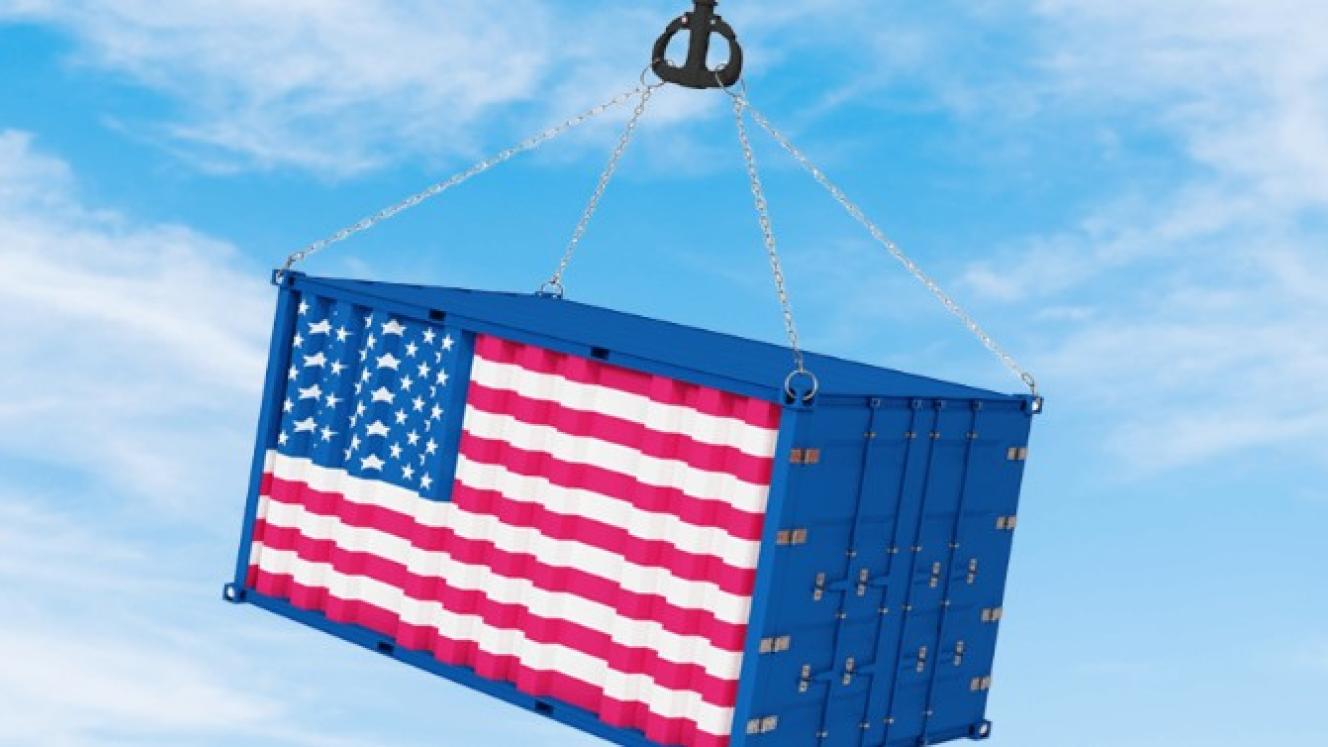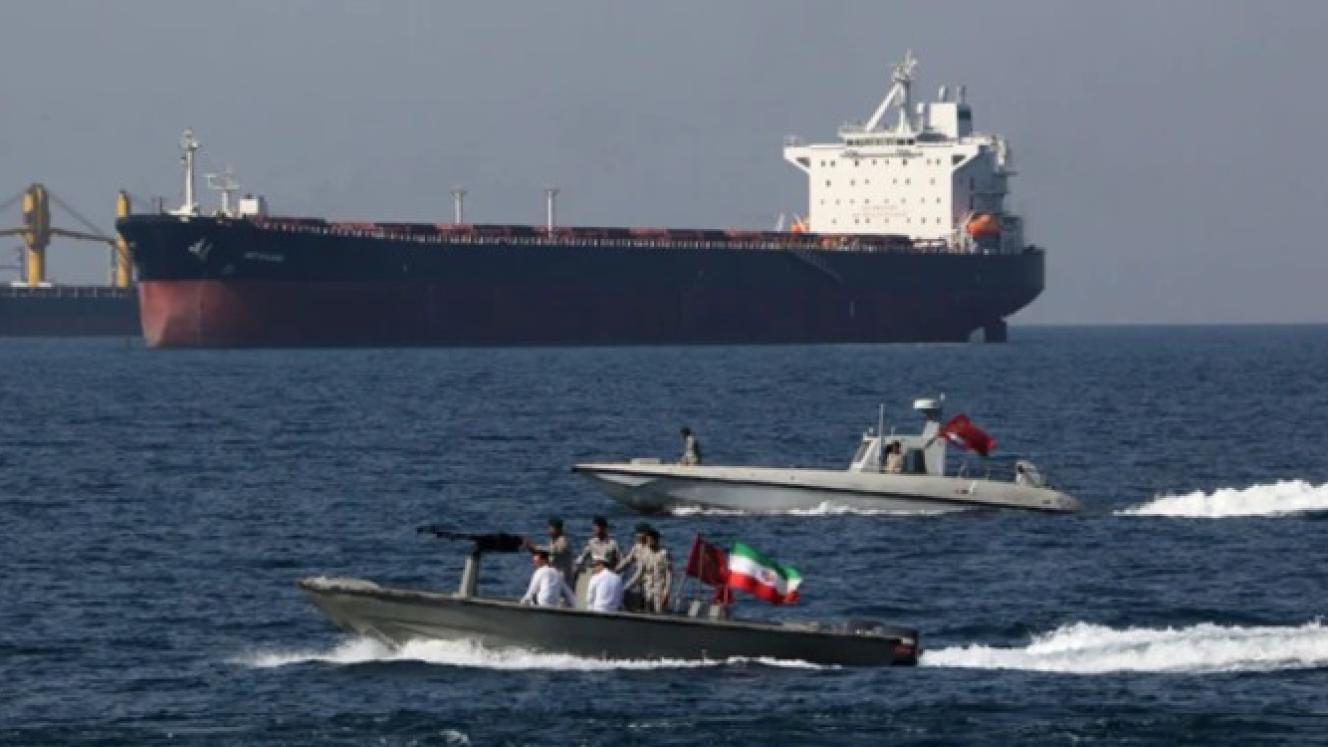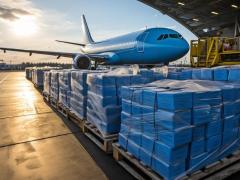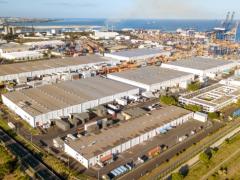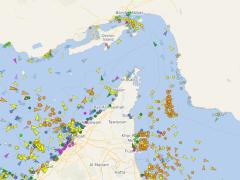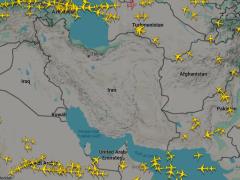The announcement of a 30% tariff on South African imports by the United States has raised alarm across the political and business landscape with the move described as a “devastating blow” to the economy.
Business leaders, civil society and political opposition say the tariff will cripple the economy and threaten to dismantle decades of trade benefits under the African Growth and Opportunity Act (Agoa), which has granted South Africa duty-free access to the US market for over 6 000 products, including automobiles, agriculture and textiles.
Industry leaders and political figures have lambasted the ANC-led government for its inaction, warning of catastrophic job losses and economic fall-out.
DA leader and Minister of Agriculture John Steenhuisen condemned the tariffs, warning of their far-reaching impact.
“The announcement by US President Donald Trump of a 30% tariff on South African goods and produce exported into the United States from 1 August is deeply concerning and will have wide-ranging and devastating consequences for South Africa,” Steenhuisen said.
He highlighted the dire implications for an economy already grappling with one of the world’s highest unemployment rates.
“The starkest impact which concerns the DA deeply is that thousands of farmers, manufacturers, and workers’ jobs are now at risk. Billions of rands will be lost in export revenue, making this a crippling blow to the economy.”
Steenhuisen pointed to the likely termination of Agoa, which has been a lifeline for exporters.
He urged the ANC to seize the brief window before 1 August to pursue urgent reforms to mitigate the fall-out. These include removing barriers to private-sector participation in electricity production, improving port efficiency through concessioning, and boosting private investment in freight rail.
“Now, more than ever, the ANC needs to accept the fact that South Africa is in need of urgent reforms that will bring about increased economic growth, and try to cushion some of the job losses which will no doubt follow yesterday’s (Monday’s) announcement,” he said.
Steenhuisen said he would strengthen ties with other trade partners while seeking new markets, a priority he described as “now more critical than ever”.
National Employers’ Association of South Africa CEO, Gerhard Papenfus, said the tariffs would hit the agricultural sector in particular, despite the fact that exports did not compete with US producers.
“The tariffs imposed on fruit specifically seem to be counterintuitive as our fruit production season is not in sync with that of the United States,” Papenfus said.
He warned that competitors like Chile and Peru could gain a massive competitive advantage if offered lower tariffs.
Papenfus suggested the US was using the tariffs as a negotiating tool, not just for trade but for broader political issues.
“South Africa’s relationship with adversaries of the United States – China, Russia, and Iran –may come to the fore. The case instituted by South Africa against Israel will remain a contentious issue.”
He added that the ANC’s race-based transformation policies, including Broad-Based Black Economic Empowerment (B-BBEE), could further complicate trade normalisation.
Civil rights organisation, AfriForum, laid the blame at the feet of President Cyril Ramaphosa and the ANC-led government, accusing them of squandering a 90-day grace period granted by the Trump administration for negotiations.
“Ramaphosa and his government … tried to dismiss the US’s concerns as the result of misinformation when they should have instead acknowledged and actively resolved the US concerns,” said AfriForum spokesperson Ernst van Zyl.
He criticised the government’s “ostrich approach” of ignoring US demands, which included classifying farm attacks as priority crimes, condemning the ‘Kill the Boer’ chant, ensuring fair compensation for land expropriation, and exempting US institutions from B-BBEE laws.
“A responsible government would have used the 90 days to solve each of the US issues with the country. None of these problems is insurmountable,” Van Zyl said.
He said AfriForum was willing to assist in finding solutions, despite facing accusations of spreading misinformation and even a “desperate investigation for treason” by the government.
Papenfus warned of the potential of an additional 10% duty that the US said it would impose on Brics-aligned countries.
